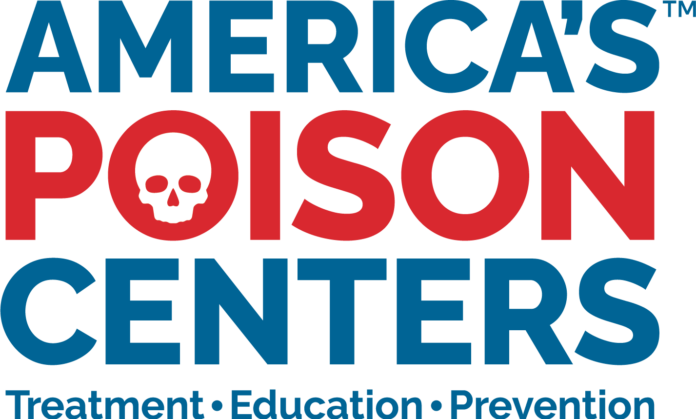BIRMINGHAM, Ala. – When poisonings happen, poison centers are here for you. That’s the theme of the 2023 National Poison Prevention Week. National Poison Prevention Week runs from Sunday, March 19,to Saturday, March 25. It is a week dedicated to raising awareness about poison centers.
The Alabama Poison Information Center (APIC) at Children’s of Alabama is staffed 24 hours a day, seven days a week, to provide life-saving information when people need it the most. It opened in 1958 as the 14th poison center in the United States. In 2022, the APIC handled more than 110,000 calls, answering questions about everything from drug interactions to snakebites to possible poison exposures. The center managed calls on patients that ranged from three days to 100 years old. Experts with the center say 90% of poisonings happen in the home, and more than 86% of callers get the help they need without visiting a medical facility.
“Our message about poisonings is simple: prepare, prevent and protect,” said Ann Slattery, director of the Alabama Poison Information Center at Children’s of Alabama. “When you are concerned about a potential poisoning, skip the overwhelming internet search, and call us immediately. We are here to alleviate your fears. When seconds count, our experts can answer poisoning emergency questions that could save you a trip to the doctor’s office or the hospital.”
Experts at the APIC are sharing information about spring hazards in Alabama. This includes ways to properly use insect repellent, identify toxic plants, and how to use and store cleaning supplies safely.
“We always say when spring is in bloom, know that poisons loom,” said Becky DeVore, nurse educator at the Alabama Poison Information Center. “When picking out plants at your local nursery, ask the staff about the plant’s toxicity. We also want to remind parents to read the package directions on insect repellent and not use DEET on a child 2 months of age or younger. When spring cleaning, do not mix chemicals; if you are interrupted while using a chemical, don’t leave the chemical accessible where a child may be exposed to it.”
APIC Nurse Educator Becky DeVore on spring hazards in Alabama: https://youtu.be/K-V678RhRTQ
If you have any questions about possible exposure or interaction with any poison, call the APIC at 1-800-222-1222. You can also download APIC’s free app, Poison Perils of Alabama. The app will help you identify potentially dangerous plants, snakes, insects and common household items. To learn more about the APIC, go to www.childrensal.org/sites/default/files/workfiles/APIC/2022 APIC Annual Report.pdf.




















